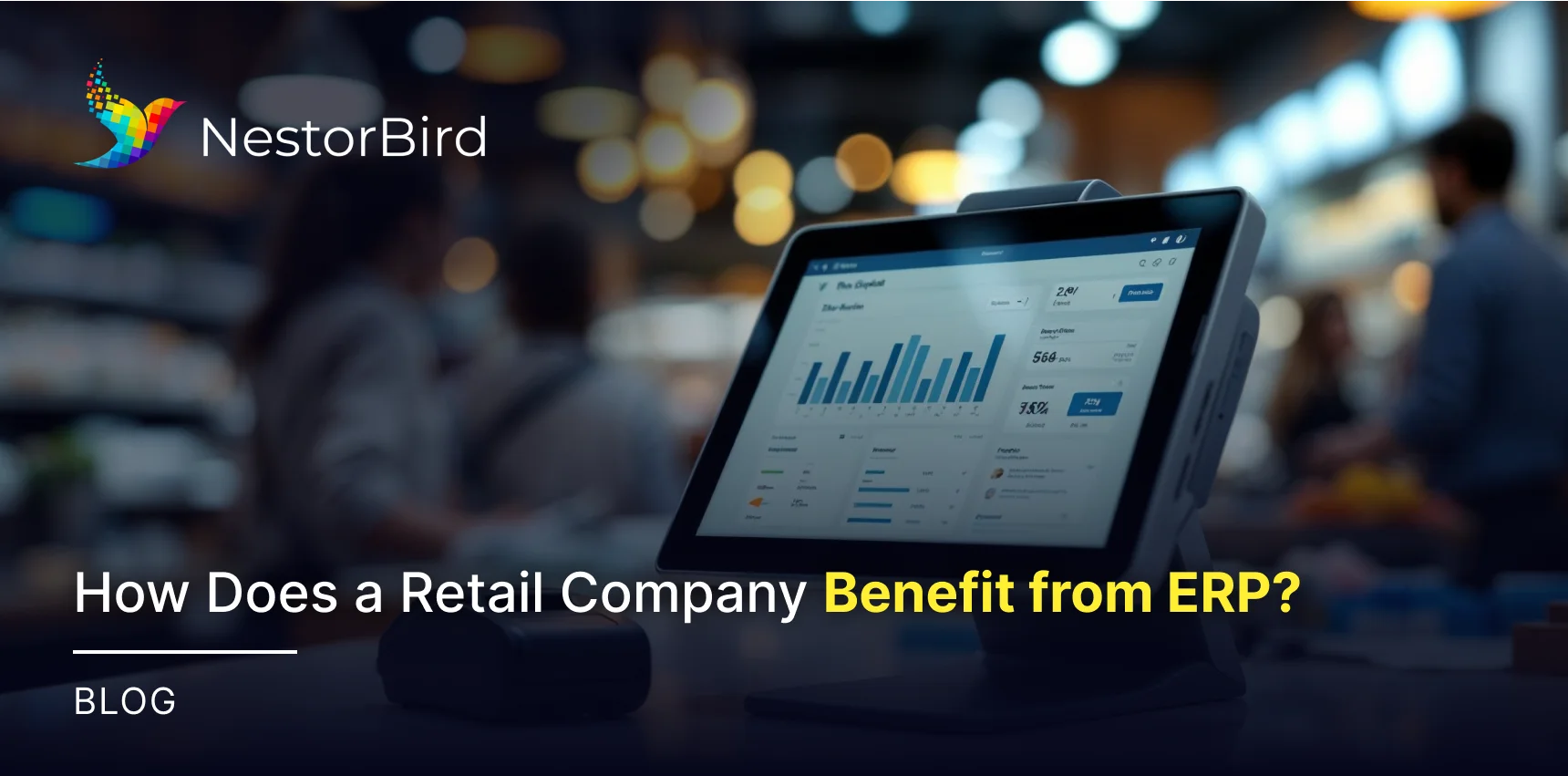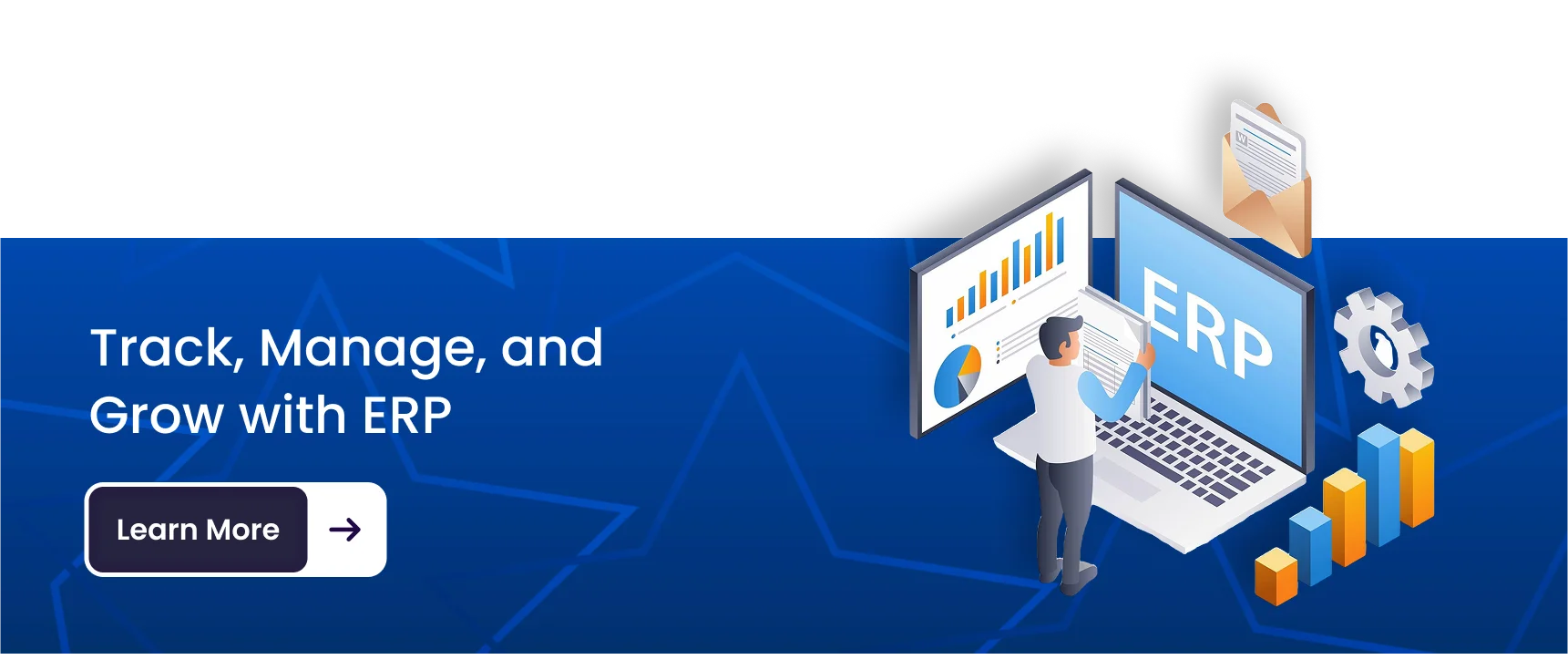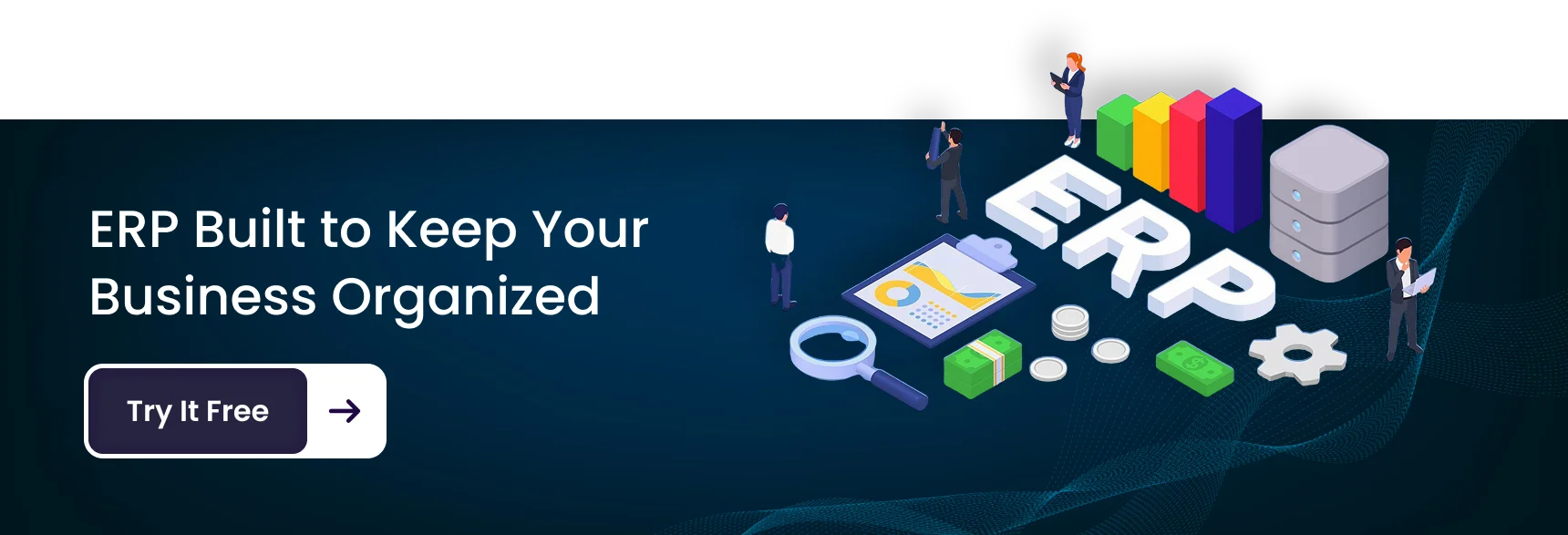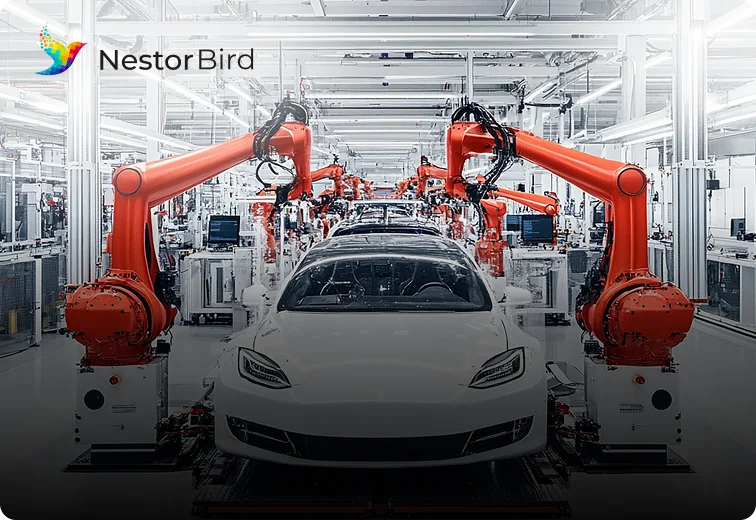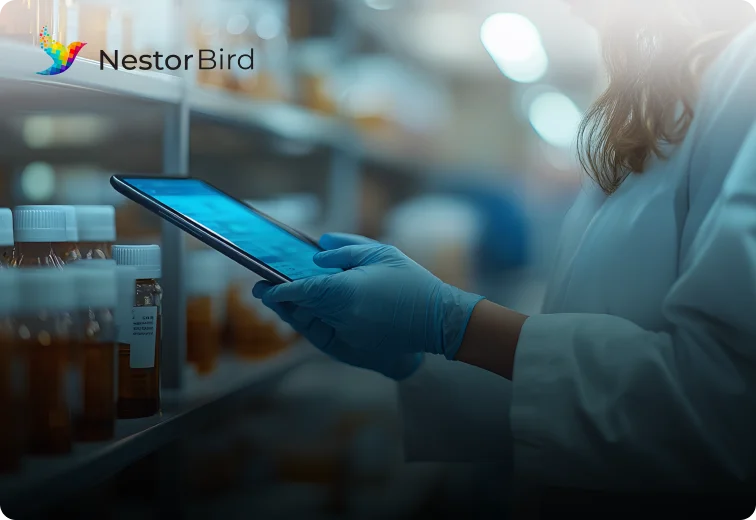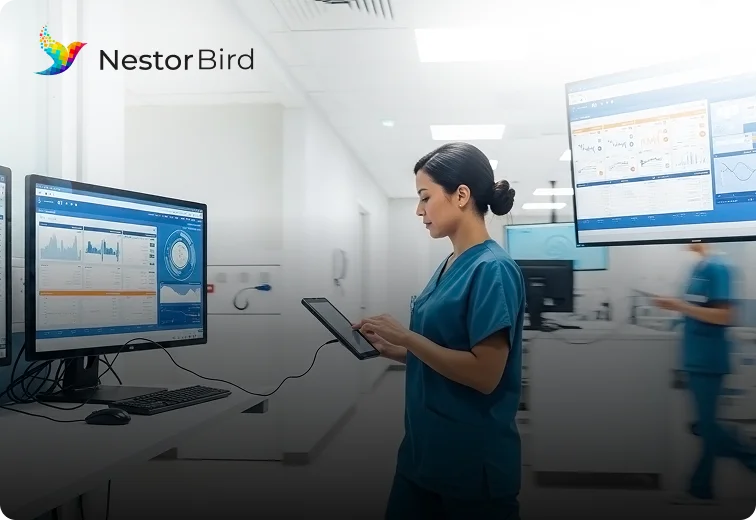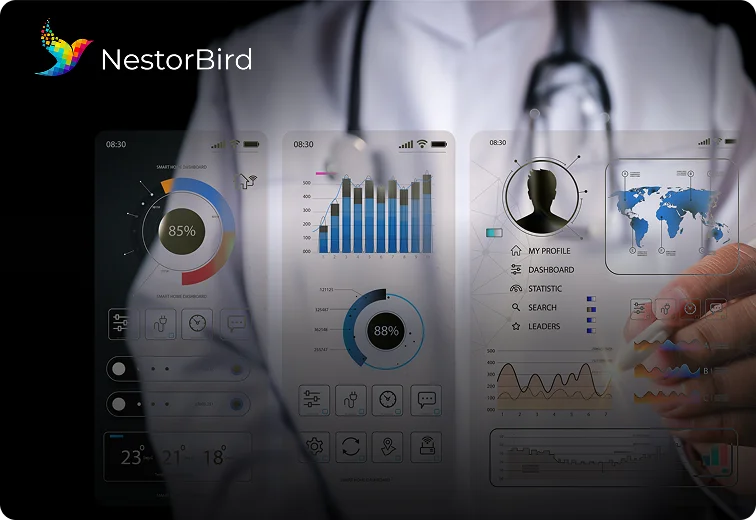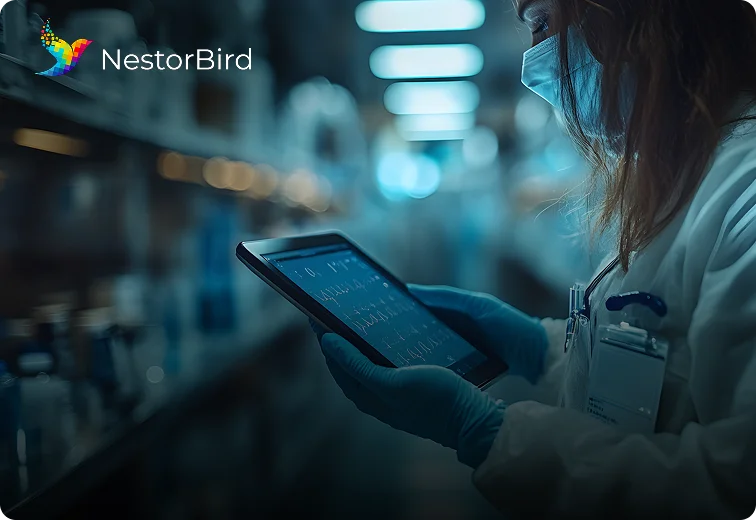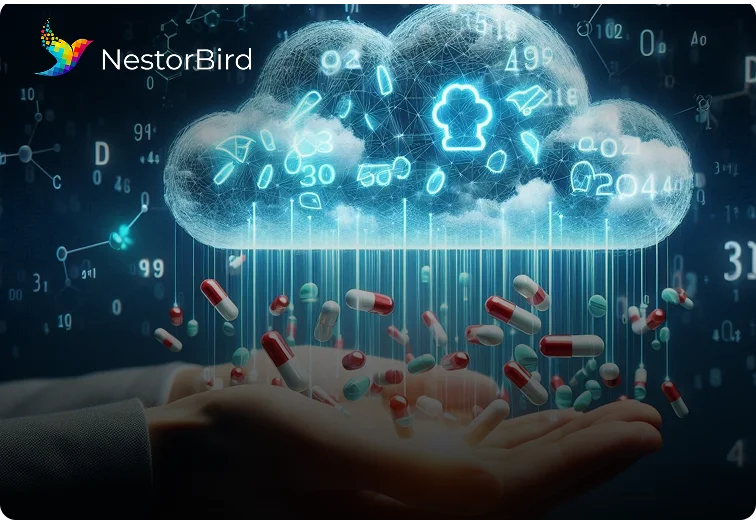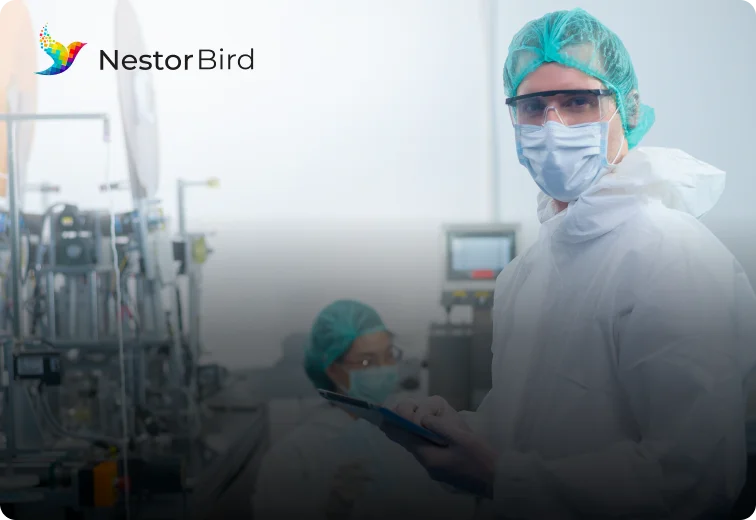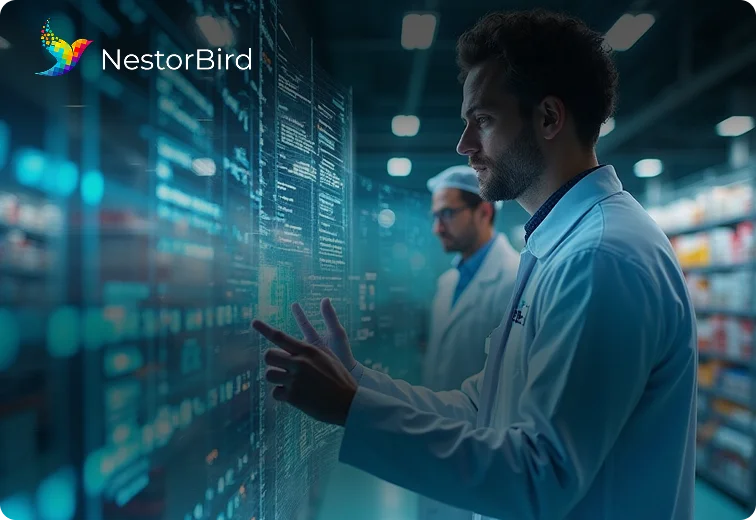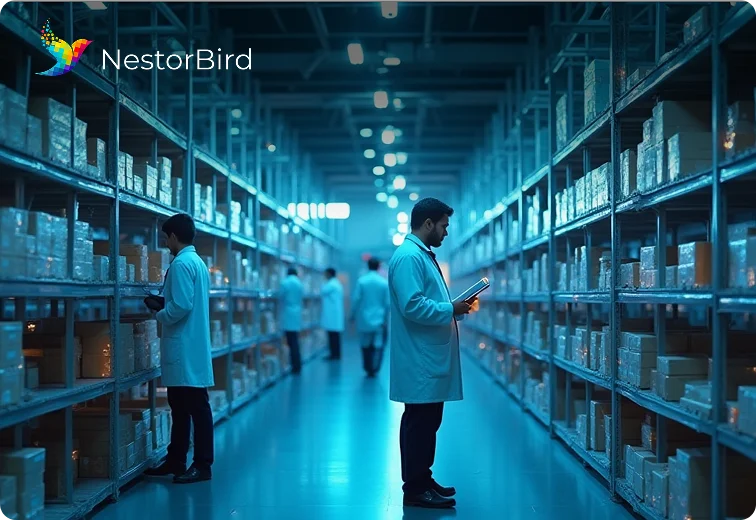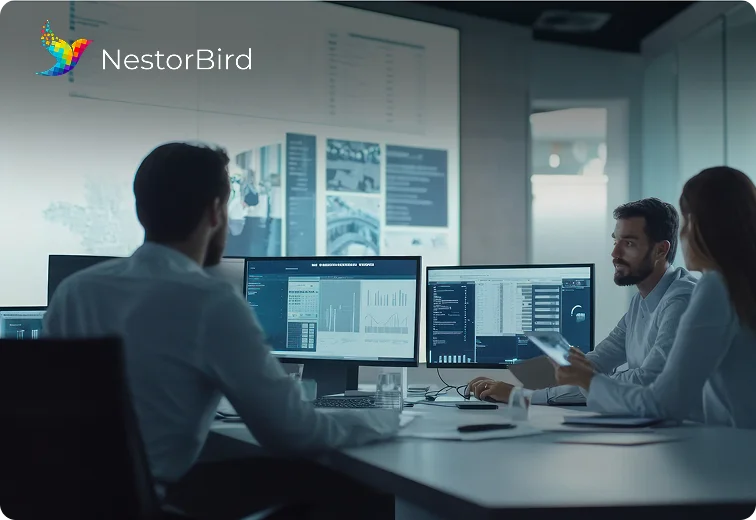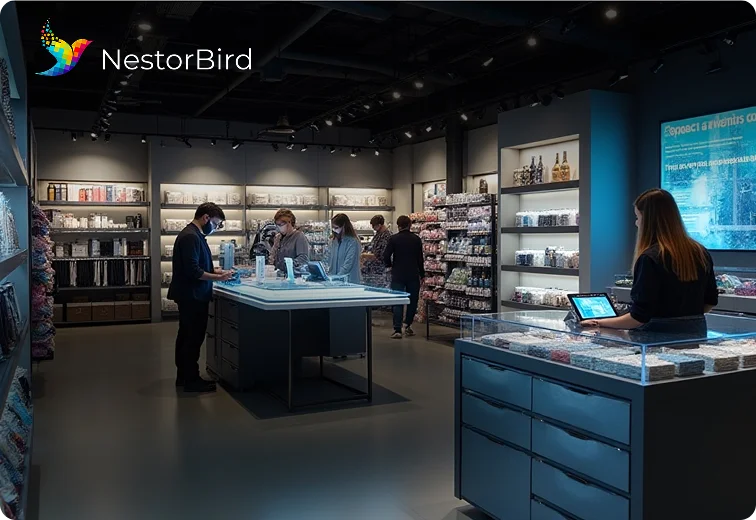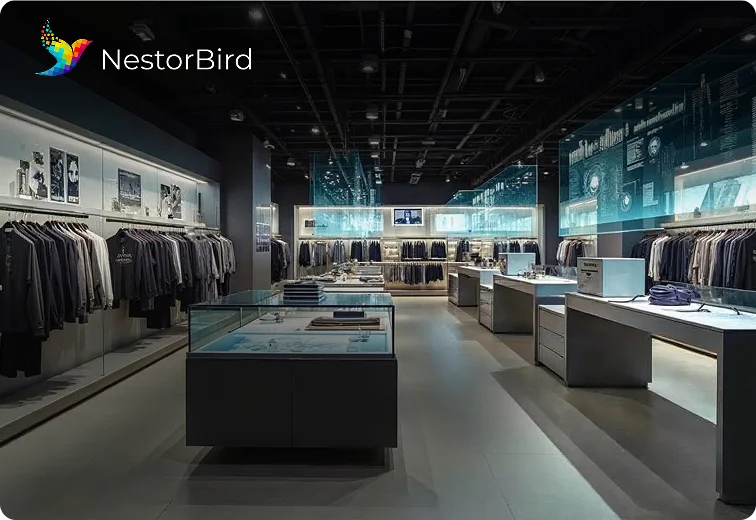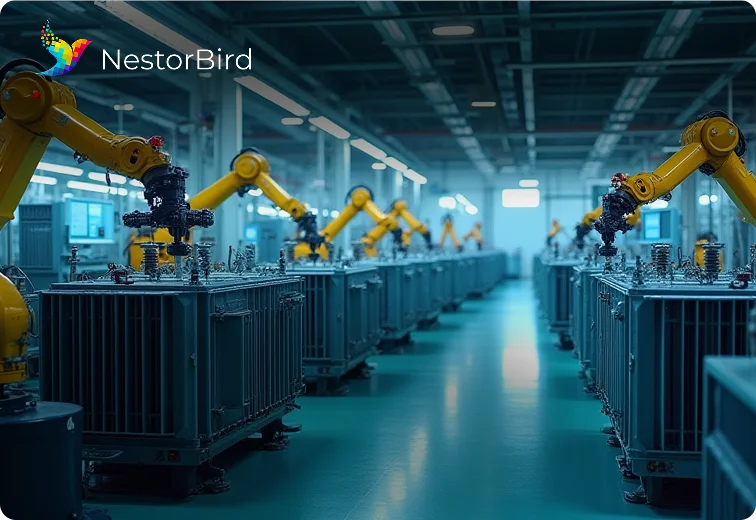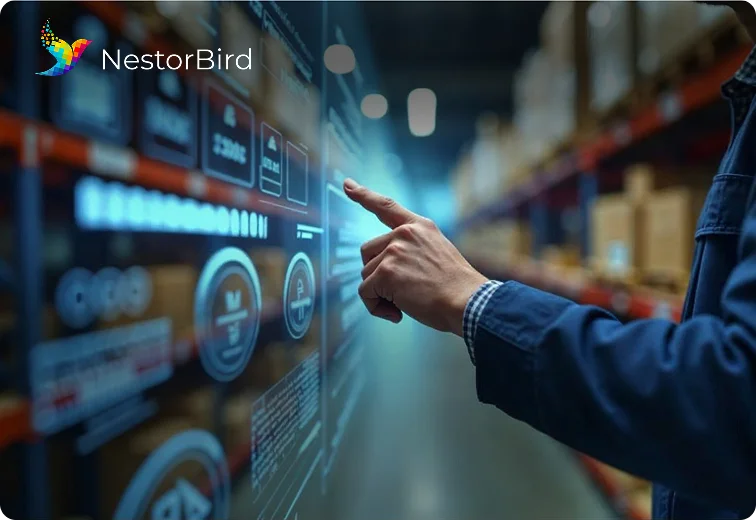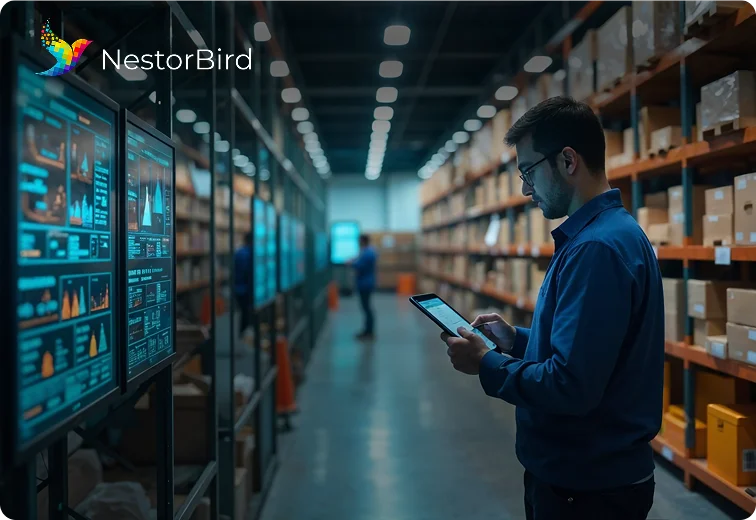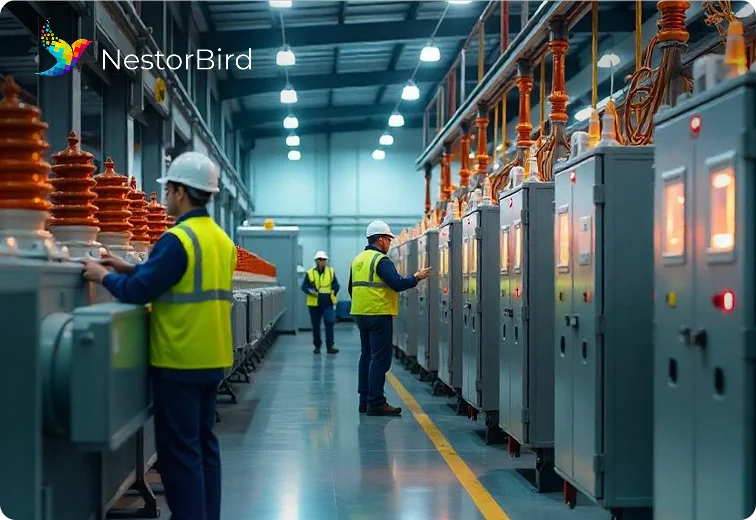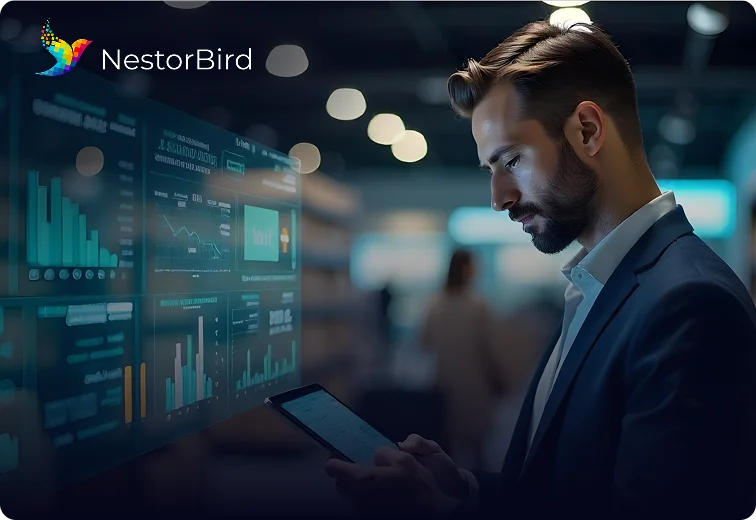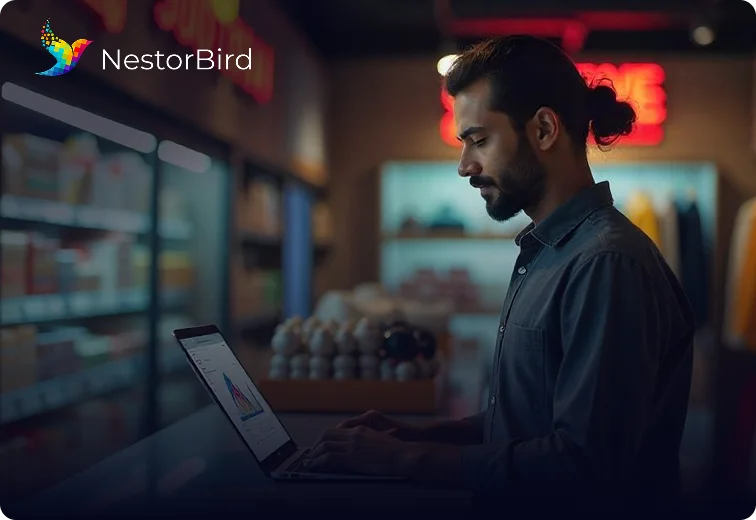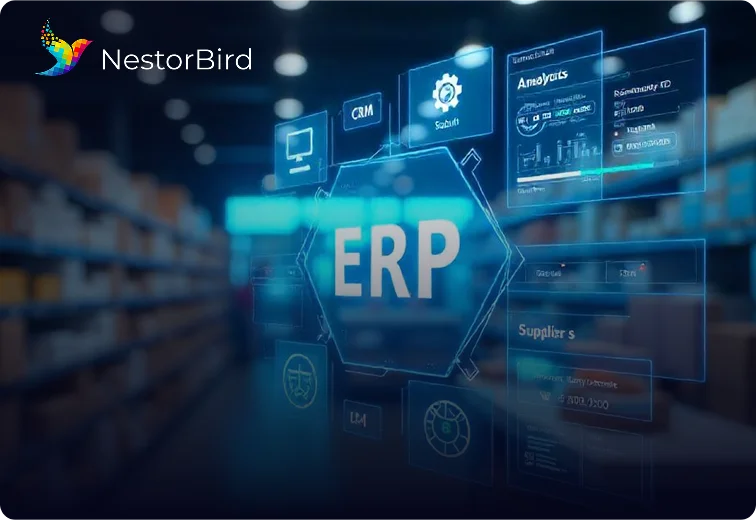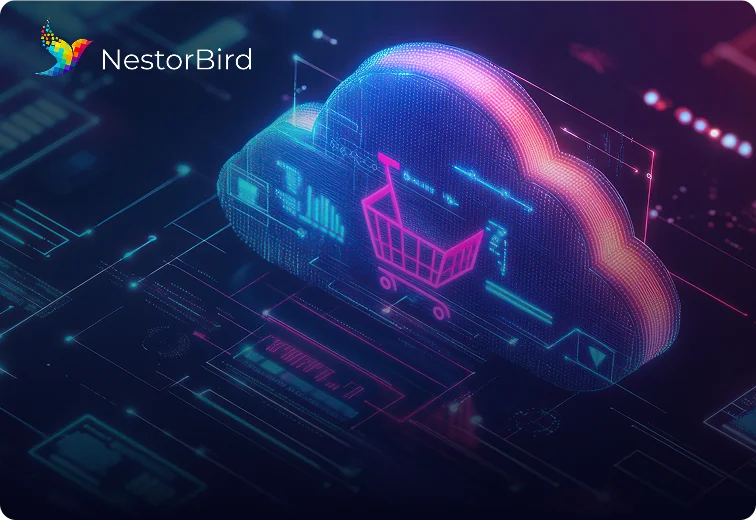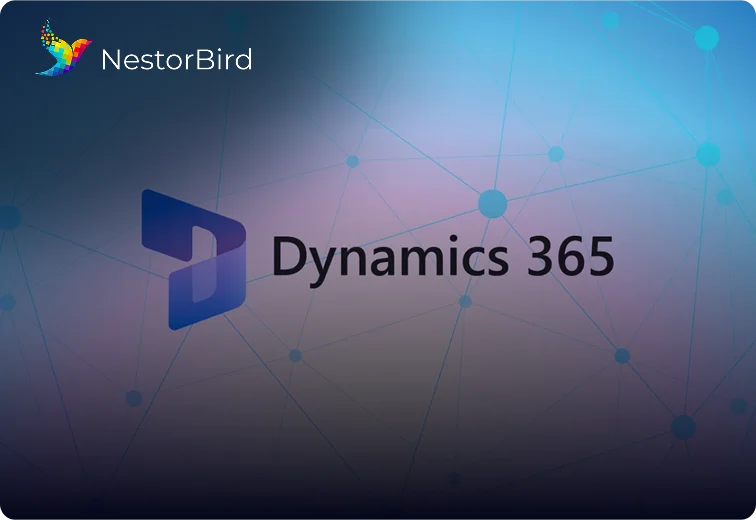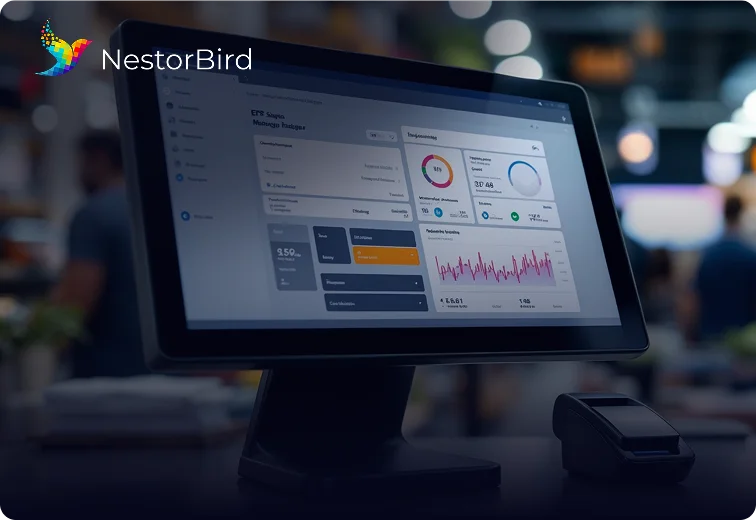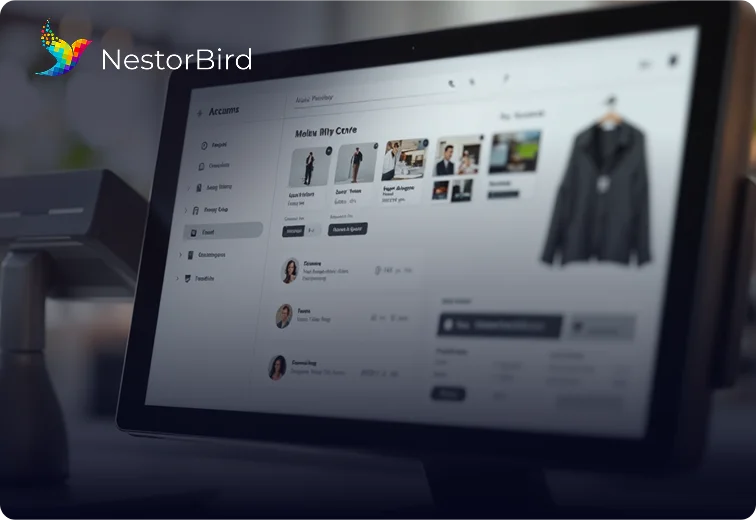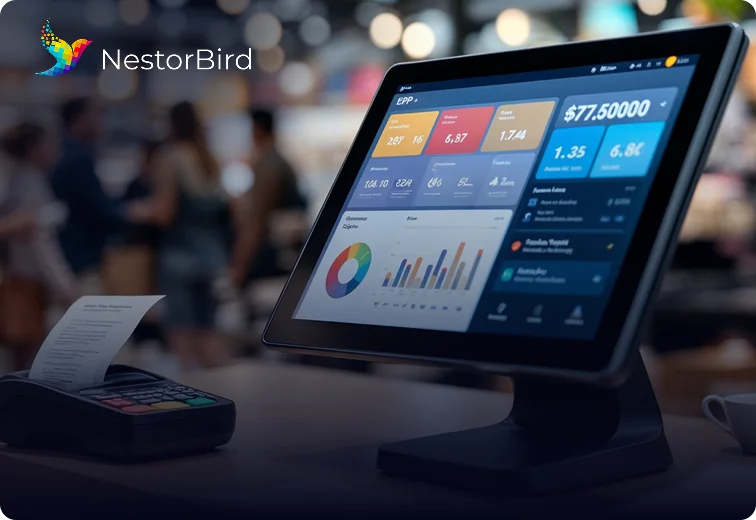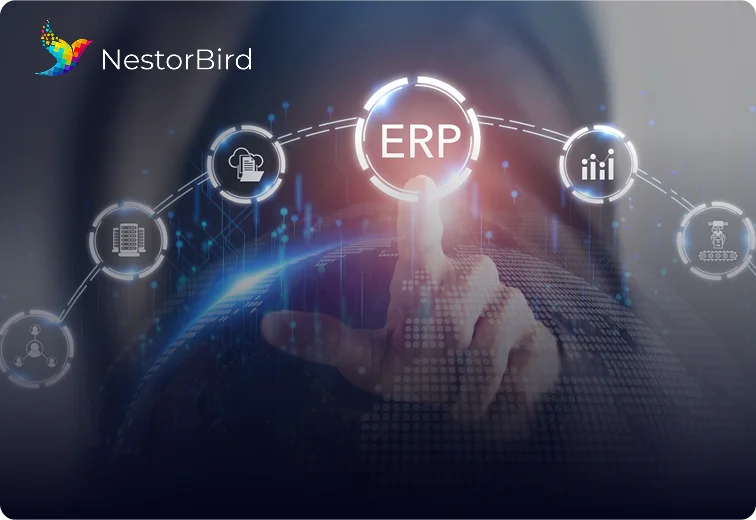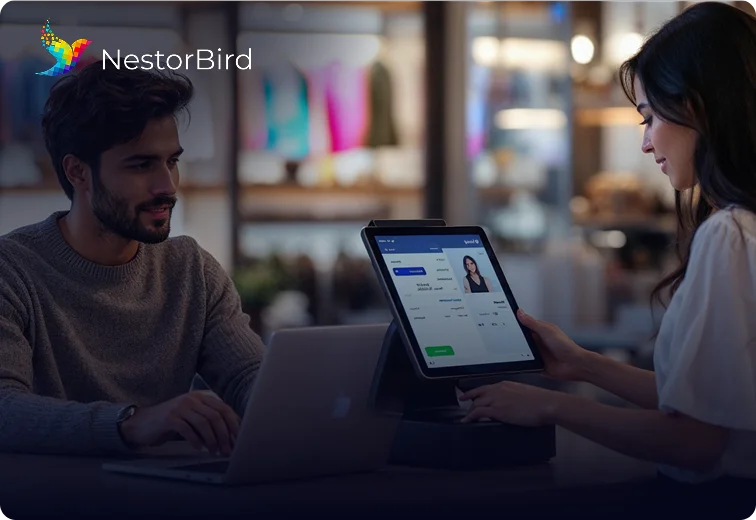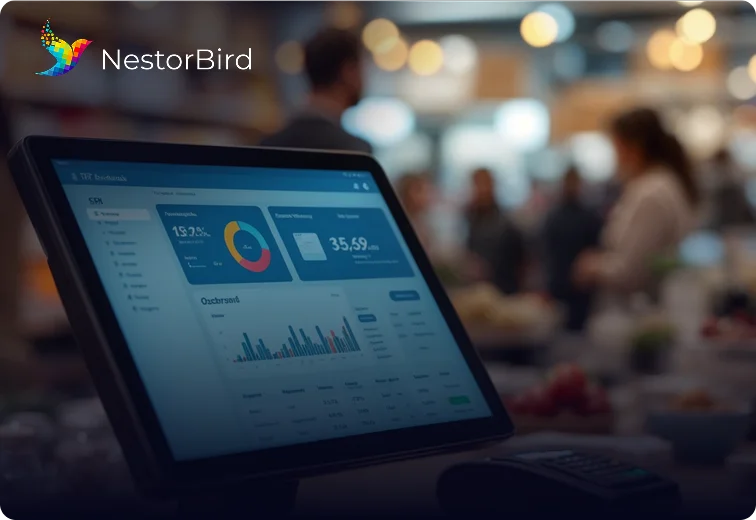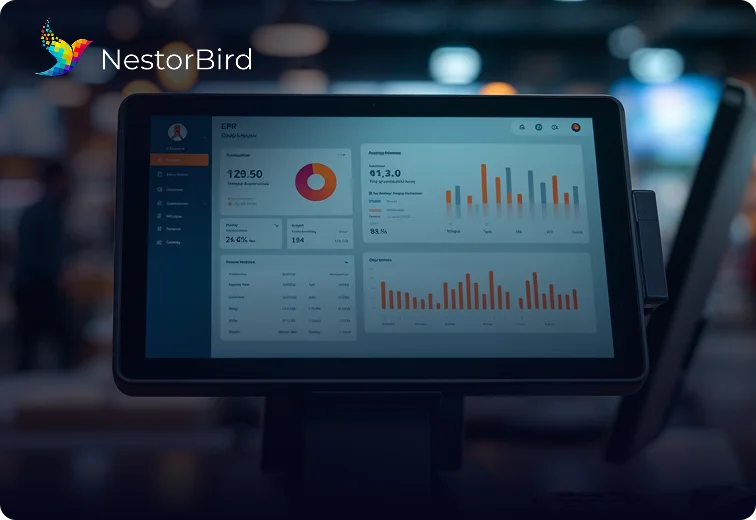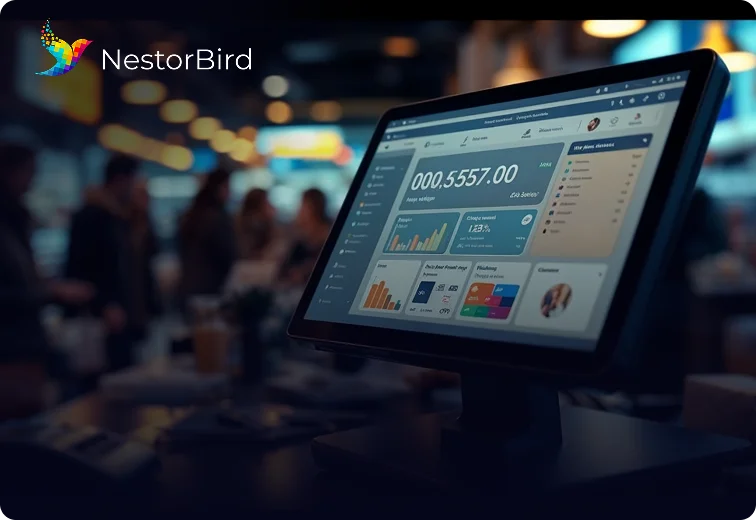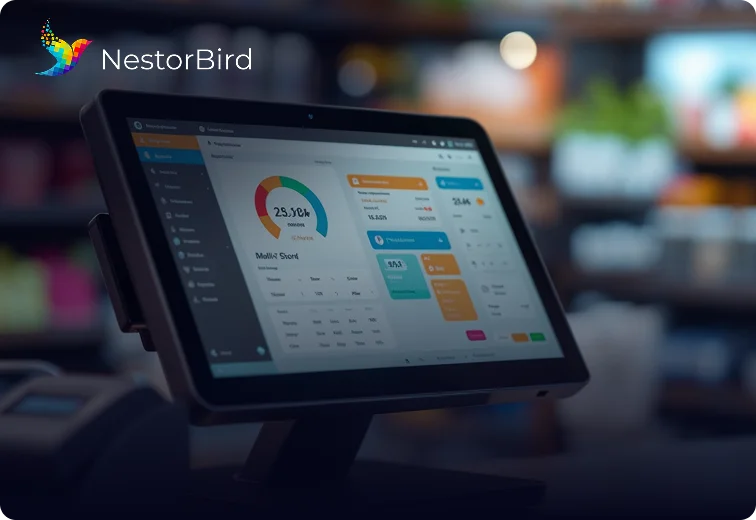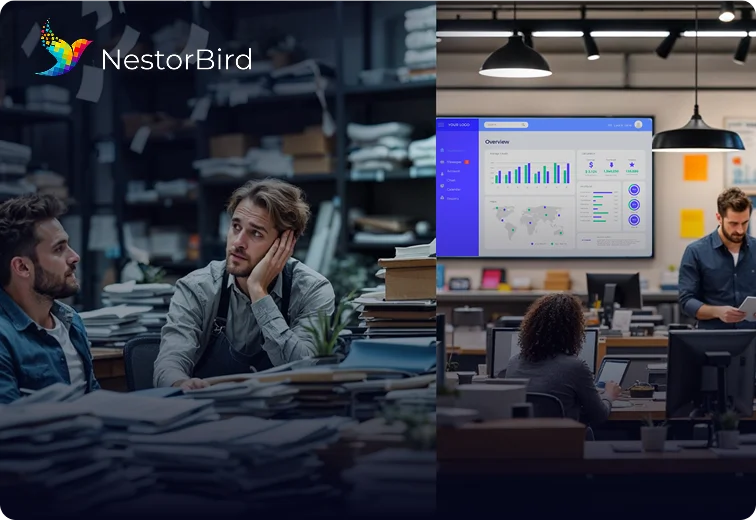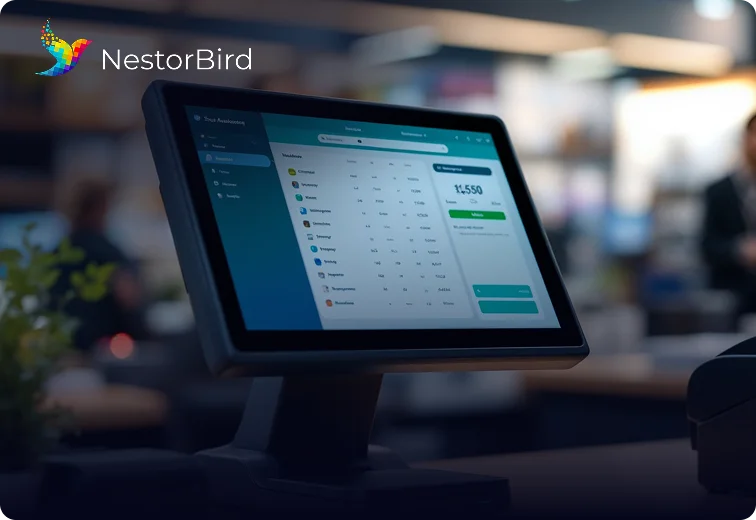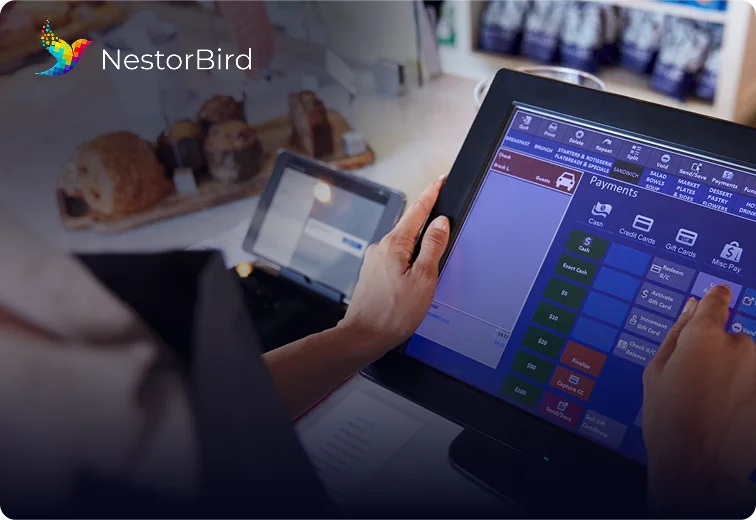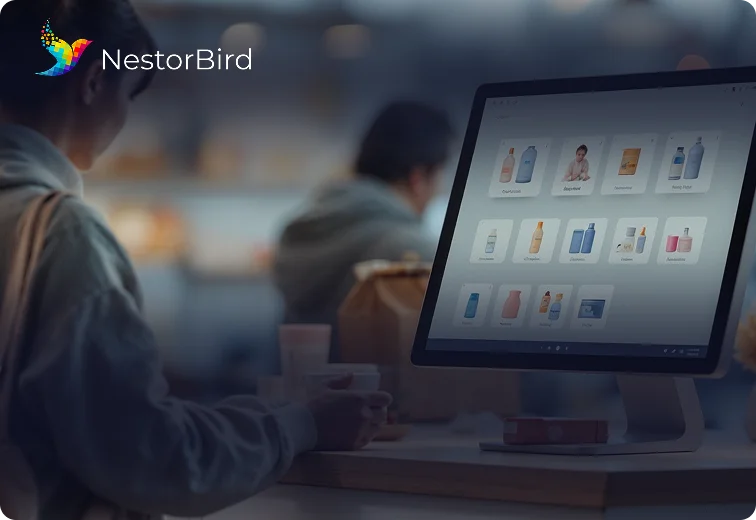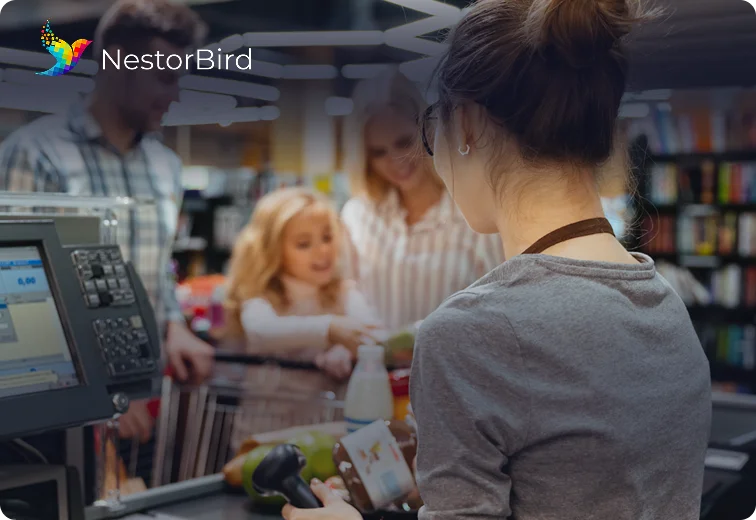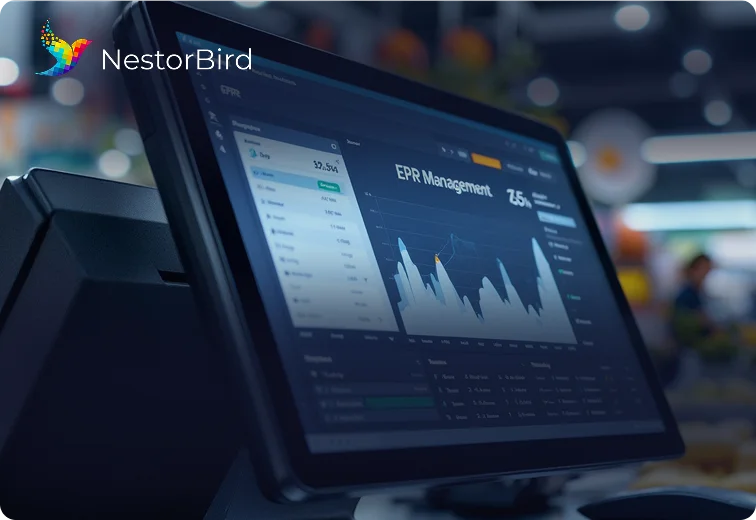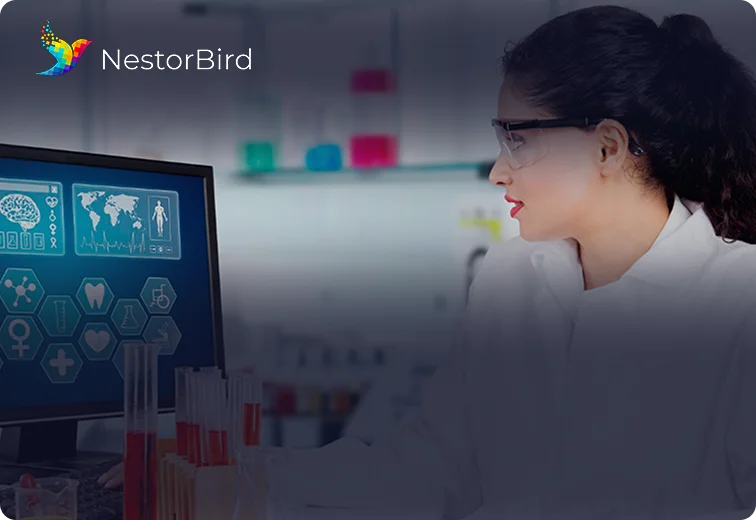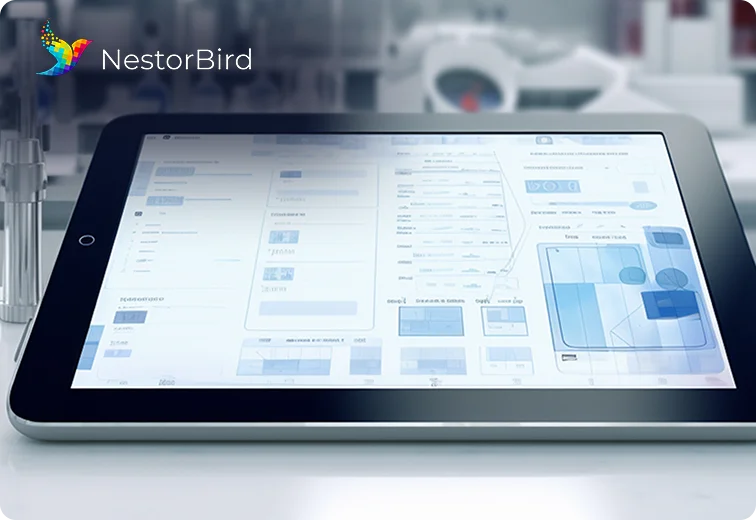Quick Summary
Retail ERP systems help businesses manage stock, sales, and customer data efficiently. The benefits of ERP in retail industry include fewer errors, better inventory control, and improved customer service. It simplifies daily operations and supports growth.
Table Of Contents
Introduction
Retail businesses often find it hard to manage many tasks like stock, orders, and finances separately, because retail business owners are trying to do all of the tasks at once and themselves, so this slows down their growth. That is why they should understand the many benefits of ERP in retail industry so that they can get the tasks and work done efficiently, easily, and in an organized manner for their business operations and functions. This blog post will also show the main benefits of ERP in retail, so you can use them for your specific industry, and how it solves common problems retailers face every day.
Key Takeaways
ERP in retail centralizes operations, automates tasks, and reduces errors.
Real-time inventory tracking prevents stock shortages and overstocking.
Improves customer service with personalized experiences and faster order fulfillment.
Enhances financial accuracy and simplifies compliance with regulations.
Scales easily as your retail business grows.
Understanding The Role of ERP in Retail
Before we understand how ERP can benefit a retail company, let us first know its role in this industry and why it is used by companies and businesses all over the world. ERP for retail industry is special software that helps retail companies manage all their important business tasks in one place without spending time, money, and effort on different applications or processes.
The main parts of ERP in retail, that are very useful and important for businesses are inventory management, sales tracking, customer relationship management (CRM), finance, and supply chain management. With these features, retailers can easily track stock, handle sales, keep customer records, manage money, and control the flow of products from suppliers to stores, which comprises all the main tasks and functions of a retail business in one place.
The big difference between generic or the traditional ERP and retail ERP systems retail erp is that the traditional systems are made for many different types of businesses, like factories or service companies. It has many features, but some are not useful for retailers. Retail ERP is designed just for retail, so it has tools for managing stores, point-of-sale (POS), promotions, and multi-channel sales, which are specific and useful for the retail industry. It is easier to use for retail staff and fits the daily work of retail stores much better.
The retailers usually face unique challenges like fast-changing market or product trends, keeping the right amount of stock or inventory, managing that inventory properly and efficiently, meeting customer expectations, and handling both online and in-store sales. ERP in retail industry helps solve these problems by giving real-time data, automating tasks, and making sure all parts of the business work together smoothly, and retailers don’t have to worry about each aspect separately or manage them.
Know more about why manufacturing business need ERP software.
Benefits of Implementing ERP Software Solutions for the Retail Company

So, how does the retail company actually benefit by using and implementing ERP system retail for their unique retail business? Here is why retail businesses should consider ERP software, especially if they are planning to grow or scale their business over the years.
Streamlined Operations
ERP retail brings all business processes into one system, making work easier and faster for business owners to have all aspects of their business in one place when they want to make changes, manage, or grow their operations. It connects sales, inventory, finance, and other departments, so everyone uses the same data, this way, all the departments of the business are on the same page. The software ERP retail reduces mistakes and saves time, and many daily tasks, like order processing or updating stock, are automated, so staff do not have to do them by hand. This helps reduce errors and makes operations smooth for the whole company.
Read more on How ERP Enhances Efficiency Compliance Pharma.
Improved Inventory Management
Managing and maintaining their inventory is a big task for business owners, as they need to be par on the data, the stock that they already have, and the demand and supply. So, with a retail ERP solution, retailers can see their stock levels in real time. The system can automatically reorder items when they are low and help avoid having too much or too little stock. This means products are always available for customers, and there is less waste or lost sales. Retail ERP also helps track stock across many stores or warehouses easily.
Improved Financial Management
ERP software for retail business combines all financial data in one place, making it easy to check sales, expenses, and profits, this becomes very beneficial for retail companies to have all the data for checking or reference. Reports are created quickly and accurately, helping managers make better decisions. This also helps with planning budgets and keeping track of money coming in and going out. Having all financial information together makes it easier to follow rules and avoid mistakes.
Learn about workplace training for ERP here.
High Quality Customer Experience
Since in a retail business, customer experience is very important, by using an ERP system, retail businesses can effectively collect and organize customer data from all sales channels. Using the best ERP for retail, lets the retailers offer some very personalized deals and better service, and customers can also enjoy a smooth shopping experience, whether they buy online or in-store. The system helps staff respond faster to customer needs, and orders are fulfilled quickly, making customers happier and more likely to return.
And for a manufacturing business, know more about Manufacturing ERP.
Accurate and Efficient Demand Forecasting
ERP in retail industry uses data analytics to study sales trends and customer habits, which can help companies make efficient and important business decisions. This helps retailers predict which products will be popular and when. And, thus, with better demand forecasting, the retail stores can keep the right amount of stock and avoid running out or overstocking their products, which in turn leads to smarter buying and fewer missed sales.
Scalability and Flexibility
Every retail business wants to grow and scale over time, so it is important that they make sure that all the aspects of their business are working efficiently. The best retail ERP software grows with the business, and as a retailer adds new stores, products, or sales channels, the ERP can handle the extra work. It is flexible and can be adjusted to fit different business needs, which actually means retailers do not have to change systems as they grow, making it easier to expand and succeed in the long run.
Let us see why Manufacturing ERP Is Essential for Success.
Closure Note
For retail businesses to manage and maintain their many business operations and functions, using an ERP retail system is very helpful. The benefits of ERP in retail industry are that it helps businesses manage inventory, sales, and customer data in one place. Whether you run a small store or a large chain, ERP for retail business can grow with your needs. And that is why investing in the best retail ERP software is a smart choice for any retailer looking to save time, reduce costs, and stay competitive in the fast-paced retail market.
Frequently Asked Questions
Most retail industry ERP software is designed to connect with your current systems, so it is easy to integrate it with your existing system without issues. Good planning and support make the integration process smoother and efficient.
Yes, staff training is important, because proper training helps everyone use the new ERP for retail business system correctly and makes the transition much easier for your whole team.
ERP for retail business has proper and useful built-in features to follow rules and industry standards, helping you avoid mistakes and reduce the risk of any compliance or regulation penalties.
The best retail ERP software is flexible and scalable, so it can handle more stores, products, or sales channels as your business grows.


